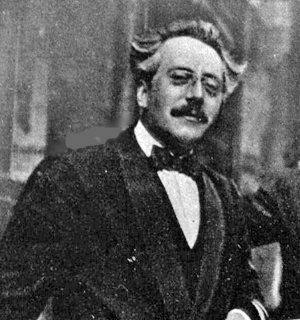Research Question
In what way did the British Cello Sonata develop during the first half of the 20th century and to what extent did historical events during this period affect composers lives and ultimately the expansion of their musical language?
Introduction
The British cello sonata today as we know it is not a very well known in todays common cello repertoire. However there were many incredible works written during the first half of the 20th century. But due to its lack of popularity we have had limited or no research on these sonatas. My research will involve study of these sonatas to explore how and why the changed during this time period. Furthermore I will also study as many sonatas as possible to really understand the difference and similarities between the musical language each composer has. I will also aim to make these sonatas more recognised in the cello world, and hopefully broaden cellists repertoire knowledge on British music. My final research will be presented in the form of a lecture recital where I will present my research with a presentation with also performing excerpts or bits of the music as examples.
Britain during the first half of the twentieth century was mainly dominated by the two world wars and a country mainly dominated by Conservatism in government. These historical events surely had some impact on these composers lives and definitely their musical language. For example, Frank Bridge wrote his cello sonata based on his "in utter despair over the futility of World War One and the state of the world." [^1] (accessed 28/12/2020) which when listening and playing it you can really understand his pain and his despair. Included is an extract of me playing the start of the sonata, unaccompanied. Although this is just one composer, through historical evidence one can only predict that the war had an impact on almost every British person during this time. With this in mind, I will further research the following composers who wrote music for cello and piano: John Ireland, John Foulds, York Bowen, Arnold Bax, Frederick Delius and Robert Parry.
Although my focus will be on British cello sonatas, I will also compare other cello sonatas written at the time by other European composers from France and Germany. One thing I have noticed is that British Music really has an obvious trait when heard, as with John Ireland, “he was…brought up on the German classics, notably Beethoven and Brahms, he was strongly influenced in his twenties and thirties by the music of Debussy, Ravel, and the early works of Stravinsky and Bartók.” [^2] (Accessed 29/12/2020) With this in mind, I will further my research into the composers lives and the surroundings they were experiencing at the time as I believe these really influenced their musical language alongside their influences from other composers alive at the same time.
[^1]: footnote-text http://www.musicweb-international.com/bridge/chapt2.htm
[^2]: footnote-text http://johnirelandtrust.org/biography/
